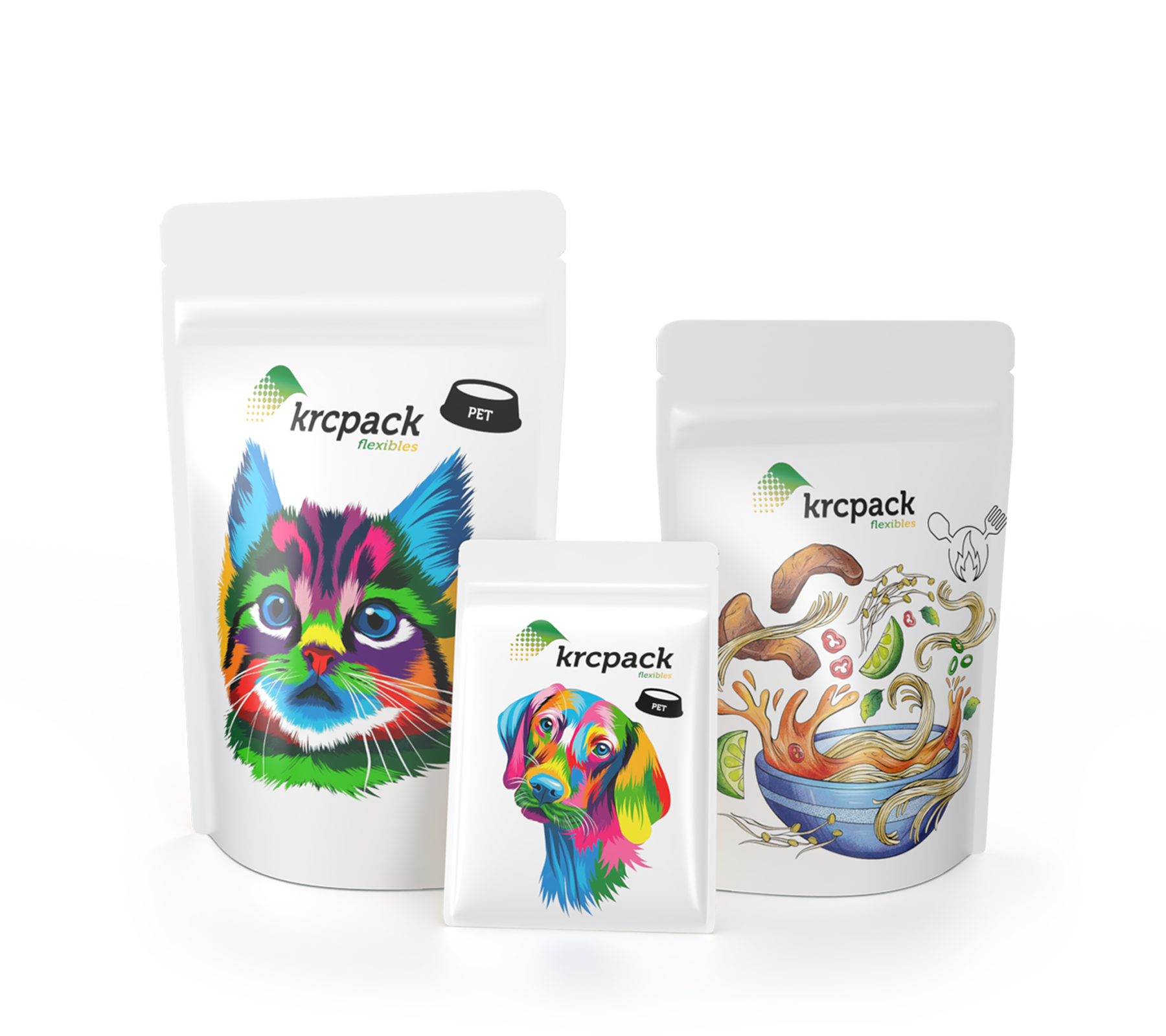What Is Retort Packaging?
What Is Retort Packaging?
Retort packaging refers to flexible laminated food packaging bags that can withstand thermal processing. Their shelf life is as long as that of metal cans. Retort packaging is considered the most significant advancement in food packaging since the introduction of metal cans. These packages are the most suitable alternative to metal cans and glass jars.
Compared to traditional metal cans, retort packaging is significantly lightweight, occupying less space and offering logistical convenience. Tin cans maintain the same volume even when empty, whereas retort packaging takes up very little space when empty.
Material selection is of critical importance in the manufacturing of heat-resistant bags. The packaging should protect against light-induced degradation, moisture fluctuations, contact with microorganisms, oxygen ingress and other interactions. The material should be structurally robust and able to withstand heating temperatures, in addition to withstanding rough handling during transportation.
Advantages of Retort Packaging
Food companies aim to transfer the food produced to the consumer with maximum confidence thanks to healthy and durable packaging. In this direction, they want to prevent the product from being damaged by temperature and pressure factors.
Retort packaging is considered as an alternative to traditional and industrial canning methods.
With retort packaging:
– Since it takes up less storage space than canned products, it provides financial gains in logistics, storage and production stages.
– Provides ease of opening and transportation.
– Can be produced with three-layer or four-layer material structure.
Retort can be applied to stand-up pouch, three-side welded and shaped bag formats.
– Thanks to its material structure, it protects the product it comes into contact with against temperature, humidity and pressure effects and extends the shelf life of the product.
– The aroma and taste of the food is not impaired.
– Long shelf life.
– Retort packs are frequently used in food industries such as meat, fish, chicken, cheese, ready-made sauces, cooked ready meals, soups, appetizers, pet food, etc.


